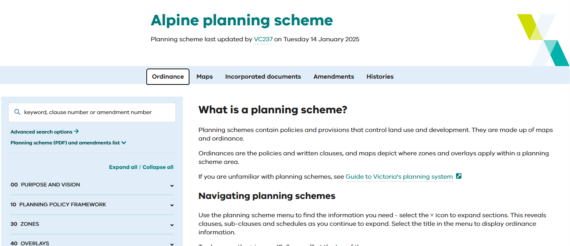This module provides an overview of elements of the Victoria Planning Provisions and how to use them to construct a planning scheme.
It explores the different elements of the Victoria Planning Provisions in some detail, and how they should be used, providing participants with strategies and techniques to help select the best tools to use in their local planning scheme.









